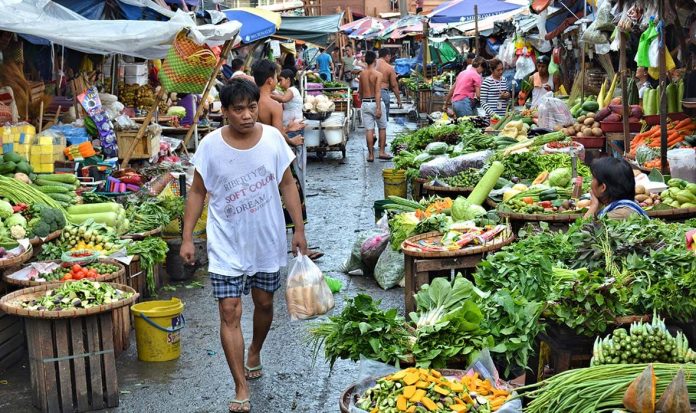
MANILA – Inflation cooled further in September to its slowest in over three years and the second straight month it fell below the government’s two to four percent target range, official data released Friday showed.
The consumer price index rose 0.9 percent in September from 1.7 percent in August, within the Bangko Sentral’s 0.6 to 1.4 percent forecast. The median forecast of economists in a Reuters poll was at 1.1 percent.
The downward trend may keep the BSP within its monetary policy easing cycle, BDO Unibank chief strategist Jonas Ravelas said.
“We will probably see more assessment from what’s happening overseas since there are still expectations of probably another cut from the United States (US) Fed. Most likely we will see the easing trend to continue and probably spill over to 2020,” Ravelas said.
The BSP cut interest rates thrice this year, which brought the benchmark rate to four percent from 4.75 percent in 2018.
Slowing inflation will entice consumers to spend more and improve margins for firms, BPI securities president Haj Narvaez said.
“It’s good for the consumers and I think we should see an improvement as well on earnings… Because of this downward trend in inflation it should result in improvements in earnings specifically margins for a lot of consumer companies,” Narvaez said.
Inflation could drop until October before rising again in November, Standard Chartered Asia economist Chidu Narayanan said, adding that the BSP could be done cutting interest rates this year.
“We think it’s close to bottoming out, inflation will start to rise again in the end of the year starting from November,” Narayanan said.
Inflation can “firmly settle” within the target range however, volatile crude oil price due to geopolitical tensions in the Middle East and the US-China trade war may generate upward price pressures in the near term, the BSP said in a statement.
“The latest inflation outturn is likewise consistent with the BSP’s prevailing assessment that inflation will continue to decelerate in third quarter of 2019 and pick up slightly in the remaining months,” the statement said.
Ravelas said the gross domestic product could still grow to six percent this year. However, the government should monitor how the African Swine Fever and the “wildcard” global crude oil price will affect inflation in the next few months, he added. (ABS-CBN)



